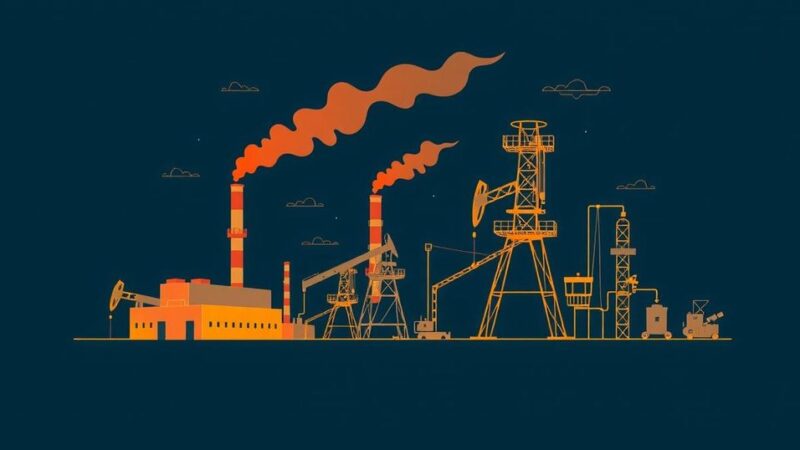Manoochehr Shirzaei, a Virginia Tech environmental security expert, discusses the factors contributing to the devastation caused by Hurricane Helene. He emphasizes the role of climate change, aging infrastructure, and human decisions in worsening such disasters. Shirzaei calls for adaptive strategies to better prepare communities for extreme weather events, which are projected to increase in frequency and intensity due to global climate shifts. The article highlights the urgent need to reassess development in flood-prone areas and to maintain and upgrade existing infrastructure systems.
In the wake of Hurricane Helene, an environmental security expert from Virginia Tech highlights the critical factors that exacerbate such disasters and emphasizes the lessons that can be derived to enhance community preparedness and resilience. Manoochehr Shirzaei, an associate professor of geophysics, elucidates how the tragic flooding event that recently impacted the southeastern United States was the result of an interplay of multiple elements, including development practices within flood-prone areas, insufficient maintenance of essential infrastructure, and the pervasive influence of climate change, which collectively heightens the severity of disasters. “The tragic flood event in the southeast U.S. is a poignant example of the confluence of multiple factors, including development in floodplains, inadequate infrastructure maintenance and management, and the specter of climate change, whose compounding effect can amplify the disaster,” stated Shirzaei. He pointed to the increasingly erratic and severe weather patterns that accompany global climate change, noting that the exceptionally heavy rainfall associated with Hurricane Helene can be linked to a warming atmosphere, which inherently possesses a greater capacity to hold moisture. Shirzaei further indicated that both observational data and climate models demonstrate a notable increase in the frequency and intensity of extreme precipitation events, a trend that is set to continue. This reality underscores the urgent requirement for adaptive strategies aimed at mitigating the impacts of these aggravated weather phenomena, aligned with the broader global challenges posed by climate change. He identified aging infrastructure as a significant contributor to the heightened risks associated with Hurricane Helene’s destruction. “Legacy systems, including levees, dams, bridges, roads, and electrical grids, were not originally designed to endure the growing severity of hurricanes exacerbated by climate change. As these structures deteriorate with time, their vulnerability to failure during extreme weather events increases,” he explained. Hurricane Helene, which made its landfall on Florida and swiftly proceeded northwest, wreaked havoc across Georgia, the Carolinas, Tennessee, and Virginia, resulting in numerous fatalities and extensive flooding. Shirzaei elaborated on the detrimental effects of human settlement in floodplains, stating that this trend has escalated globally, creating conditions ripe for disaster. “Over the past few decades, the expansion of human populations into flood-prone areas has accelerated worldwide. Many of these vulnerable communities are located in river valleys or downstream of dams, areas particularly susceptible to sudden and significant water discharges, further exacerbating the risk of severe flooding,” he remarked. This shared understanding of the interplay between climate change, infrastructure issues, and human decisions is imperative for fostering resilience against similar future catastrophes.
Hurricane Helene exemplifies the complex interplay of factors contributing to natural disasters in the context of climate change. Experts recognize that minor events can catalyze significant crises when compounded by human choices, outdated infrastructure, and environmental changes. The southeastern United States has seen increasing patterns of extreme weather, necessitating adaptive strategies for resilience. As hurricane frequency and intensity rise, the regions affected must reckon with aging systems that are ill-equipped to handle such extremes. This aligns with broader trends in urban planning and disaster management within vulnerable communities. Experts advocate for a reevaluation of development practices, especially in flood-prone areas, to mitigate risks for future populations.
In conclusion, the case of Hurricane Helene brings to light critical lessons about the interlinked nature of climate change, infrastructure integrity, and human settlement patterns. The insights shared by Manoochehr Shirzaei underscore the imperative need for upgrading aging infrastructure, implementing strategic urban planning, and adapting to the intensifying effects of climate change. As communities aim to improve resilience and preparedness, these discussions highlight the essential actions required to safeguard lives and property from future disasters.
Original Source: phys.org






